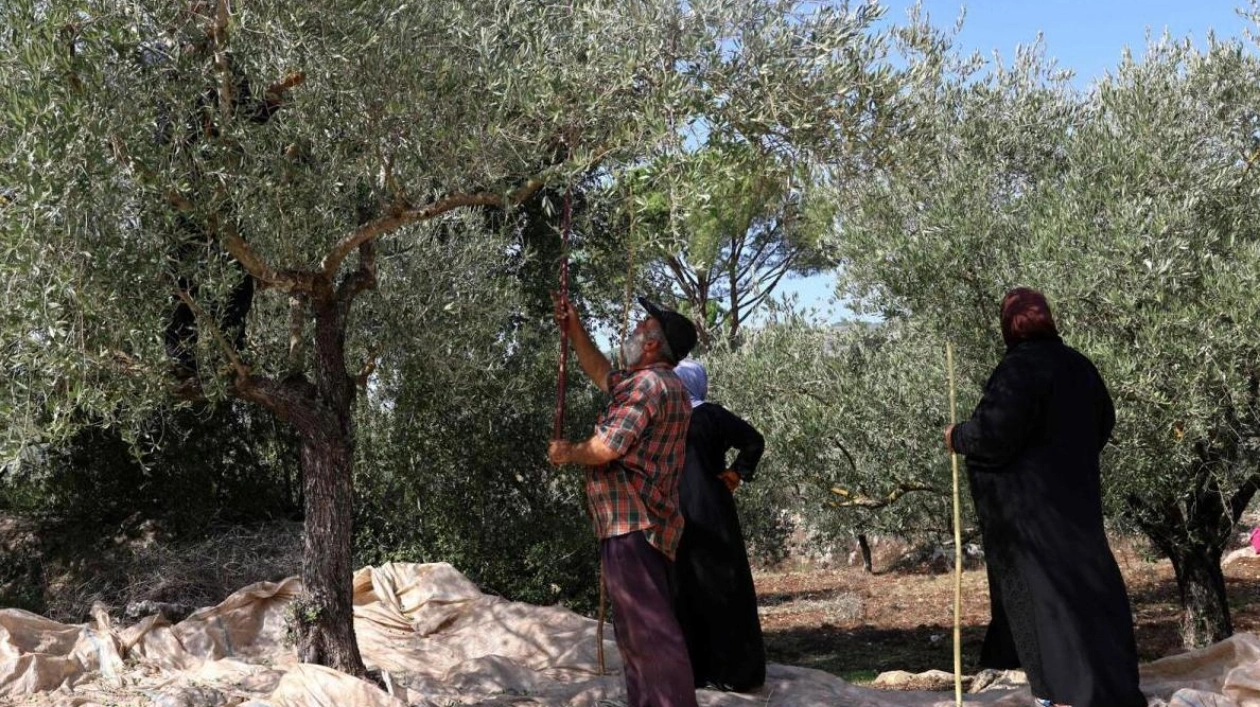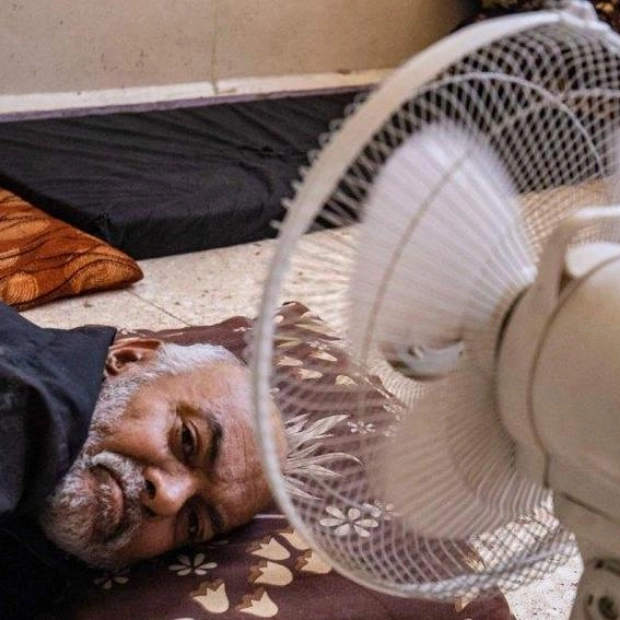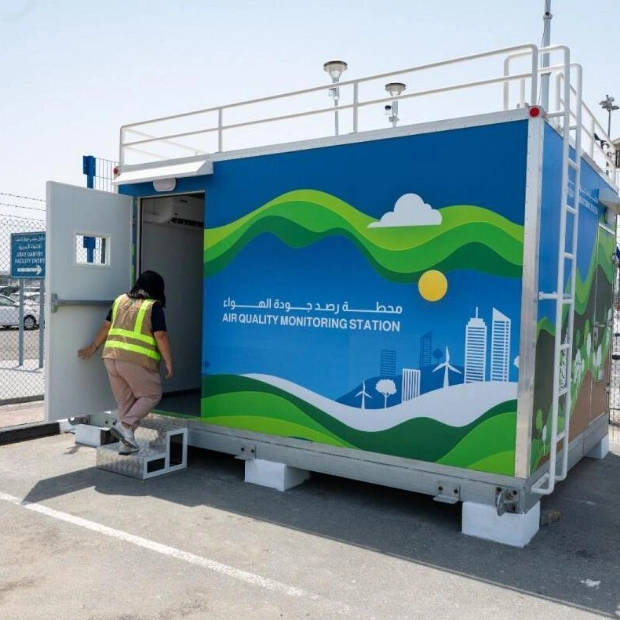Farmers in the southern Lebanese town of Hasbaya, near the border with Israel, were seen harvesting olives on October 29, 2023. — AFP
Lebanese farmer Abu Taleb briefly ventured back to his orchard last month to salvage an avocado harvest but fled empty-handed as soon as Israeli air raids commenced. "The war erupted just before the first harvest season," recounted Abu Taleb, who was displaced from the village of Tayr Debba near the southern city of Tyre. "When I returned in mid-October, it was eerily deserted... it was terrifying," said the father of two, now seeking refuge in Tripoli, over 160km to the north, and who requested anonymity due to security concerns. Abu Taleb's harvesting attempt was thwarted by an Israeli raid on the neighboring town of Markaba, forcing him to return to Tripoli without the avocados he typically exports annually. Agricultural regions in Lebanon have been caught in the crossfire since hostilities between Israel and Hezbollah escalated in October last year, culminating in a full-scale war on September 23. The UN's Food and Agriculture Organization (FAO) reported that over 1,909 hectares of farmland in south Lebanon were damaged or left unharvested between October last year and September 28. The conflict has also displaced over half a million people, including farmers who abandoned their crops just as they were ready for harvest. Hani Saad had to abandon 120 hectares of farmland in the southern region of Nabatiye, known for its citrus and avocado plantations. "If a ceasefire is established within a month, I can salvage the harvest; otherwise, the entire season is lost," said Saad, who has been displaced to the coastal city of Jounieh, north of Beirut. When an Israeli strike ignited a fire in one of Saad's orchards, he had to cover the cost of the fire engine's fuel to extinguish the blaze. His employees, meanwhile, have fled; of 32 workers, 28 have left, primarily to neighboring Syria. Israeli strikes have rendered at least two land crossings with Syria inoperable, obstructing a crucial export route for produce and crops. Airlines have suspended flights to Lebanon as insurance costs skyrocket, severely impacting agricultural exports, most of which are destined for Gulf Arab states. Fruit exporter Chadi Kaadan noted a more than 50% drop in exports to the Gulf. The surplus supply in the local market has caused prices to plummet, he added. "Ultimately, it is the farmer who suffers," said Saad, who used to earn $5,000 a day before the war. Today, he struggles to make $300. While avocados can remain on the tree for months, they are beginning to run out of water following Israeli strikes on irrigation channels, according to Saad. Citrus fruits and cherimoyas have already started to drop. "The war has devastated me. I spend my days in front of the TV, waiting for a ceasefire so I can resume my livelihood," Saad lamented. Gaby Hage, a resident of the Christian town of Rmeish, on the border with Israel, is among the few farmers who chose to stay in south Lebanon. He has managed to harvest only 100 of his 350 olive trees, which were neglected for a year due to cross-border strikes. "I seized a brief lull in the fighting to gather what I could," he said. Hage noted that agriculture is a lifeline for the residents of his town, which has been isolated by the war. Ibrahim Tarchichi, president of the farmers' union in the Bekaa Valley, which was heavily impacted by the strikes, believes that Lebanon's agriculture is experiencing the "worst phase" in its recent history. "I have lived through four wars; it has never been this dire," he said.
Source link: https://www.khaleejtimes.com






